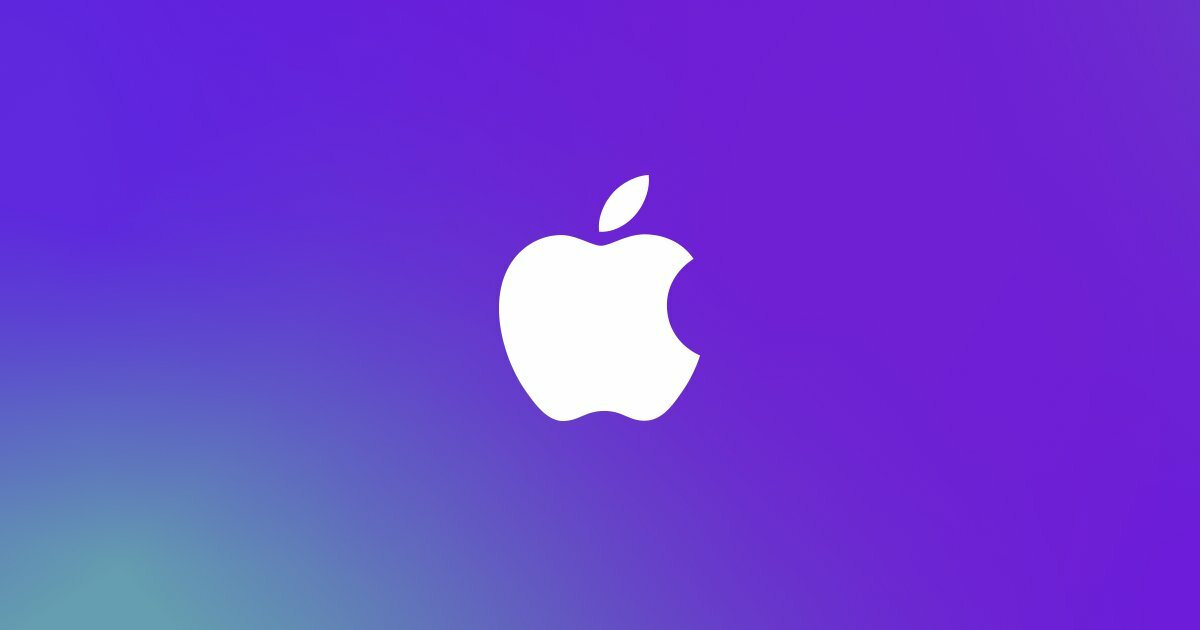In 2024, the high-profile legal battle between Apple and Epic Games reached a pivotal conclusion, setting a new precedent in the dynamics of digital marketplaces and developer rights.

The legal tussle between Apple and Epic Games, particularly concerning the popular game Fortnite, reached a pivotal moment in 2024. A lawsuit that began in 2020, rooted in Epic Games' challenge against Apple's App Store policies, has shaped the conversation around digital marketplaces and developer rights.
The Epic Battle Concludes: Apple vs. Epic Games in 2024
In 2021, U.S. District Judge Yvonne Gonzalez Rogers initially ruled that Apple's App Store did not constitute a monopoly, but criticized its anti-steering provisions, which restricted developers from guiding users to alternative payment methods. This ruling required Apple to allow developers to direct customers to external payment options, potentially bypassing the App Store's commission fees.
Fast forward to 2024, the U.S. Supreme Court declined to hear appeals from both Apple and Epic Games. This left the lower court's decisions mostly intact, favoring Apple. However, the ruling also meant that developers could now point their customers to alternative payment platforms, a slight but significant shift in the App Store's operating model.
Epic Games was ordered to pay Apple approximately $73.4 million in legal fees, marking a financial setback for the Fortnite creator. Despite this, Epic Games CEO Tim Sweeney expressed continued commitment to challenging Apple's policies, signaling ongoing debates and potential further litigation.
This legal saga highlights the evolving dynamics between app developers and platform owners. While the lawsuit's conclusion has not radically altered the App Store's structure, it has opened doors for minor policy changes and set a precedent for how digital marketplaces might operate in the future.
As the dust settles, both Apple and Epic Games continue to navigate the complex landscape of digital rights and regulations. For Fortnite fans and app developers, this lawsuit serves as a landmark case in the ongoing discussion about fair practices in the digital age.






























